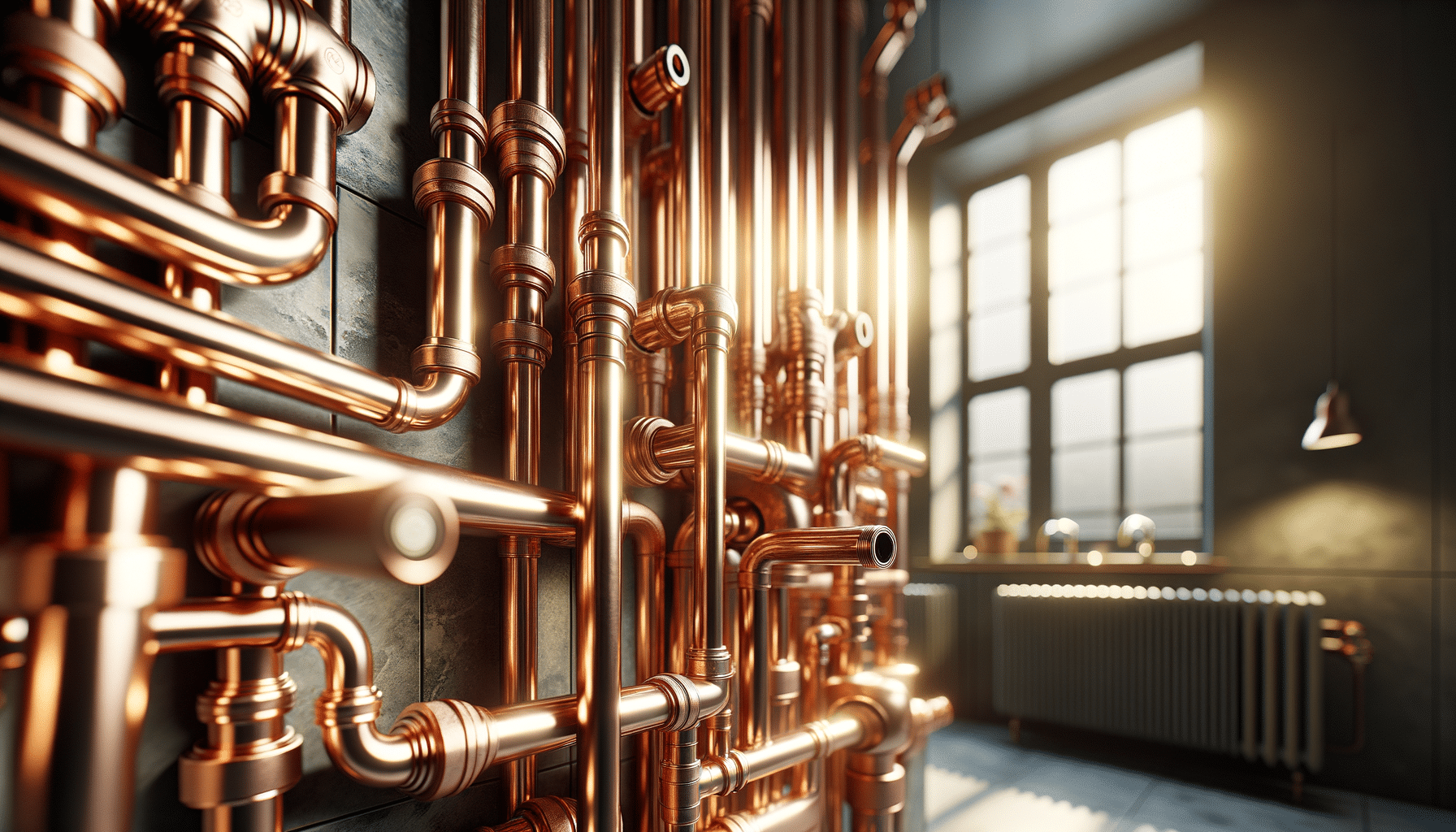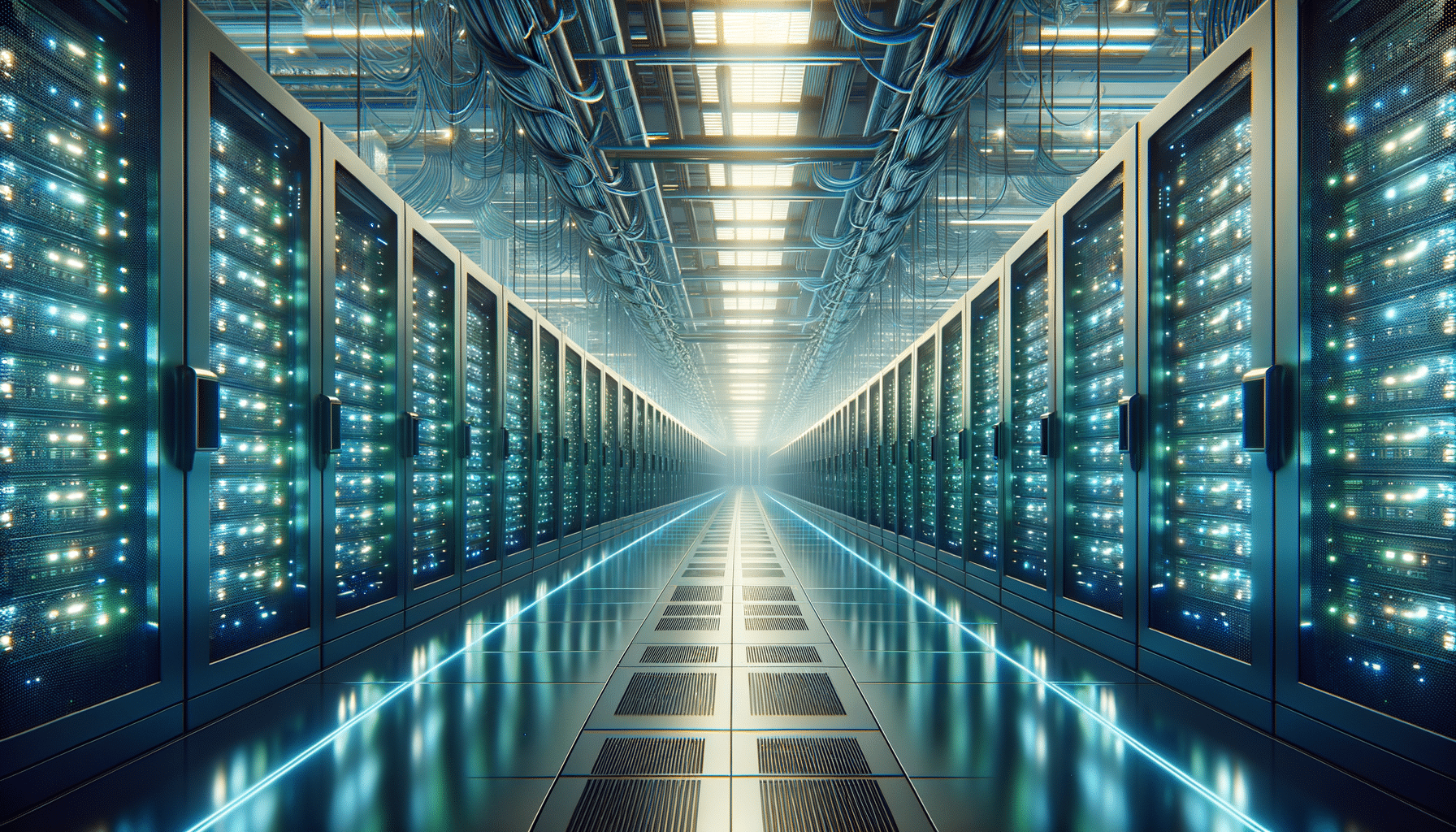
Understanding Plumbing: Ensuring Efficiency and Safety in Your Home
Introduction to Plumbing and Its Importance
Plumbing is an essential component of any residential or commercial building, playing a crucial role in maintaining hygiene, comfort, and functionality. From providing clean water to ensuring proper waste disposal, understanding the basics of residential plumbing systems is vital for homeowners and professionals alike. In this article, we delve into various aspects of plumbing, emphasizing its role in water conservation, preventive maintenance, safety, and addressing common issues.
The Role of Proper Plumbing in Water Conservation
Water conservation is a significant environmental concern, and proper plumbing is a key player in achieving this goal. Efficient plumbing systems minimize water wastage, ensuring that every drop is used judiciously. Components such as low-flow toilets, efficient showerheads, and faucet aerators are designed to reduce water usage without compromising on performance. By implementing these measures, homeowners can significantly decrease their water footprint, contributing to environmental sustainability.
In addition to hardware improvements, regular inspections and maintenance are essential. Leaky faucets and pipes, if left unaddressed, can lead to substantial water loss over time. Homeowners should be vigilant about such issues, as prompt repairs can prevent unnecessary wastage. Educating residents about the importance of water conservation and the role of plumbing in achieving it can lead to more conscientious water use practices.
Preventive Maintenance Tips to Avoid Plumbing Problems
Preventive maintenance is crucial in avoiding costly and inconvenient plumbing issues. Regularly checking for leaks, inspecting pipe joints, and ensuring that drains are clear of obstructions can save homeowners from unexpected emergencies. Simple tasks such as flushing the water heater to remove sediment buildup or cleaning faucet aerators can enhance the longevity and efficiency of plumbing systems.
Homeowners should also schedule professional inspections at least once a year. Professionals can identify potential problems that might not be visible to the untrained eye, such as hidden leaks or corroded pipes. By addressing these issues proactively, homeowners can avoid more significant problems down the line, ensuring their plumbing systems operate smoothly.
Safety Considerations When Working with Plumbing Systems
Working with plumbing systems involves various safety considerations that should not be overlooked. Water and electricity can be a dangerous combination, so it is essential to ensure that electrical components are well-insulated and away from moisture. When undertaking any plumbing repairs or installations, it is crucial to turn off the water supply to avoid flooding or accidental water damage.
Using the right tools and protective gear, such as gloves and goggles, is also important to prevent injuries. For tasks beyond basic repairs, such as dealing with gas lines or complex piping systems, it is advisable to hire professionals. They possess the expertise and equipment necessary to handle such jobs safely and effectively.
Common Plumbing Issues and How to Address Them
Despite taking preventive measures, plumbing issues can still arise. Some common problems include clogged drains, leaking pipes, and malfunctioning water heaters. Understanding how to address these issues can save time and money.
- Clogged Drains: Often caused by hair, soap scum, or food particles, clogged drains can be cleared using a plunger or a plumbing snake. Regularly cleaning drains and using strainers can prevent clogs.
- Leaking Pipes: Leaks can result from corrosion, high water pressure, or damaged seals. Temporary fixes, such as pipe tape or sealant, can mitigate leaks until professional repairs are made.
- Water Heater Problems: Issues such as inadequate hot water or strange noises can indicate sediment buildup or faulty components. Flushing the tank or replacing the thermostat might be necessary.
Addressing these issues promptly can prevent further damage and maintain the efficiency of plumbing systems.
Conclusion: Maintaining Efficient and Safe Plumbing Systems
Proper plumbing is indispensable for water conservation, safety, and overall home maintenance. By understanding the basics of residential plumbing systems, homeowners can implement preventive maintenance tips to avoid plumbing problems and ensure the safety of their systems. Addressing common plumbing issues promptly and effectively can enhance the longevity and functionality of these essential systems. Emphasizing the importance of proper plumbing practices can lead to more sustainable and efficient use of water resources, benefiting both the environment and the homeowner.


